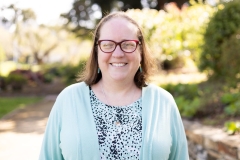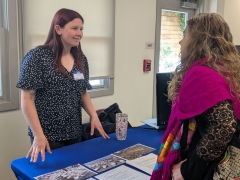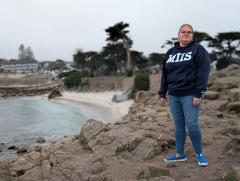A Conversation with Netta Avineri, the New Executive Director of Middlebury’s Conflict Transformation Collaborative
| by Sierra Abukins
At the midpoint of its multiyear conflict transformation collaborative initiative, Middlebury is looking back and looking forward to the next phase of the effort.



